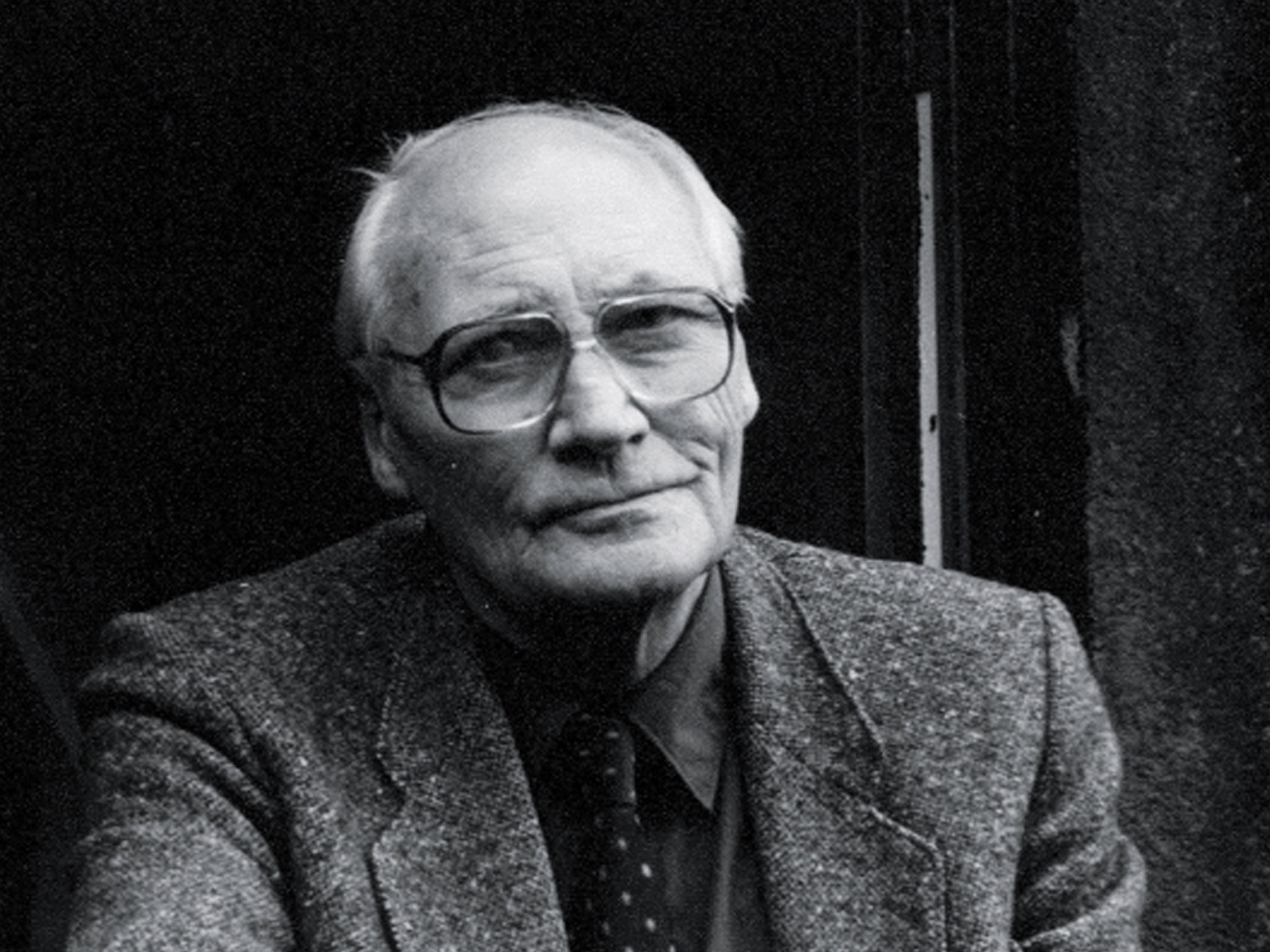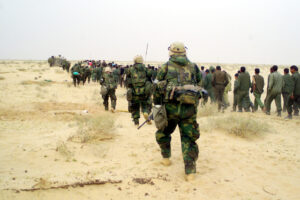
FULL POEM - SCROLL DOWN FOR LINE-BY-LINE ANALYSIS
My son aged three fell in the nettle bed.
‘Bed’ seemed a curious name for those green spears,
That regiment of spite behind the shed:
It was no place for rest. With sobs and tears
The boy came seeking comfort and I saw
White blisters beaded on his tender skin.
We soothed him till his pain was not so raw.
At last he offered us a watery grin,
And then I took my billhook, honed the blade
And went outside and slashed in fury with it
Till not a nettle in that fierce parade
Stood upright any more. And then I lit
A funeral pyre to burn the fallen dead,
But in two weeks the busy sun and rain
Had called up tall recruits behind the shed:
My son would often feel sharp wounds again.

LINE-BY-LINE ANALYSIS
STANZA 1
My son aged three fell in the nettle bed.
The ‘nettle bed’ may, at first, seem to be quite insignificant but, what we know about Scannell as well as the images of war he uses, transforms it into a metaphor for the worst time of his life during World War II.
‘Bed’ seemed a curious name for those green spears,
Maintaining the conversational tone, Scannell comments on the ‘curious name’ of the nettle bed as the image of ‘bed’ is one of warmth and comfort which juxtaposes the pain associated with the ‘nettles’. ‘Green spears’ are the first example of war imagery in the poem and the first indication that the poem as a whole is an allegory for the suffering of war.
That regiment of spite behind the shed:
The war imagery continues with the use of the word ‘regiment’. This portrays the ‘nettles’ as organised and the suffering that they cause is planned and meticulous. The repetition of the ‘sp’ sound of ‘spears’ and ‘spite’ create a harsh sound and this vocal sharpness reflects the physical sharpness of the ‘nettles’.
It was no place for rest. With sobs and tears
This links to the idea of the ‘nettle bed’ and it being a ‘curious name’ and suggests the threatening, harmful nature of the ‘nettles’ like they could attack any second. Again, this is a metaphor for the psychological torment of the battlefield and the feeling of being constantly on edge that Scannell experienced.
The boy came seeking comfort and I saw
This line takes us back to the literal meaning of the poem – like the poet is being awoken from recollecting the images of war. It gives the poem a multifaceted quality – as it subtly considers the horrors of wars and the connection between father and son and how the former inevitably influences the latter.
White blisters beaded on his tender skin.
This tone shift from war-torn imagery to a caring relationship continues here. Paradoxically to the lines before it, the nettle wounds are described as decorations on the boys ‘tender skin’. Note how the image of the boy’s ‘tender’ skin juxtaposes the formerly harsh war imagery.
We soothed him till his pain was not so raw.
‘Soothed’ continues the softer, caring tone. Considered vocally, the ‘so’ sound of soothed creates a much softer sound which contrasts with the harsh ‘sp’ sound formerly. On a deeper level, Scannell’s message is one of having life after war, however, this is most definitely tainted as is shown by his fixation on the war in the previous lines.
At last he offered us a watery grin,
A ‘watery grin’ illustrates the boy smiling beneath his tears. This smile signifies his appreciation and the special father-son relationship.
And then I took my billhook, honed the blade
‘And then’ presents a change in pace and tone in the poem, these 2 words lead to a careless, rash tone. A ‘billhook’ is a traditional agricultural blade and resembles a machete. Overall it creates an image of violence that juxtaposes the caring nature of the previous few lines but mirrors the suffering depicted in the lines before those. ‘Honed’ provokes a feeling of ‘the calm before the storm’, creating suspense.
And went outside and slashed in fury with it
Till not a nettle in that fierce parade
These 2 lines represent a return to the war imagery. ‘Slashed in fury’ is an image of violence, almost desperate in nature fuelled by his desire to avenge his son’s pain. The ‘nettles’ are very much characterised as the enemy ‘parade’ in war.
Stood upright any more. And then I lit
A funeral pyre to burn the fallen dead,
The inclusion of the word ‘funeral’ is a metaphor for the consequences of war. The dead ‘nettles’ are personified as dead soldiers. Scannell is painting a picture of the real consequences of war and dispelling the widespread portrayal that dying for your country is an honour.
But in two weeks the busy sun and rain
Had called up tall recruits behind the shed:
Nature is described as all-powerful and, in the context of war, states that human actions are insignificant compared to the almighty power of nature. This almighty ‘sun and rain’ are personified as high-ranking officers who call up more (nettle) recruits. This symbolises conscription.
My son would often feel sharp wounds again.
The ‘sharp wounds’ or the hardship in life will return and face the boy no matter what his father’s actions. The boy will have to overcome adversity himself and not put the burden onto others – a bit like what happened with the high ranking officers and the recruits in the war.


